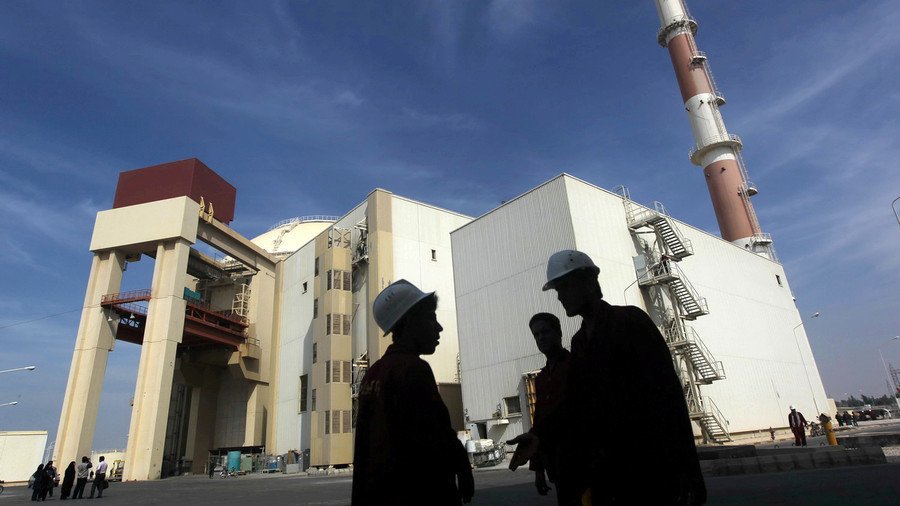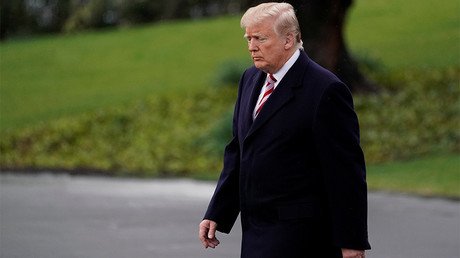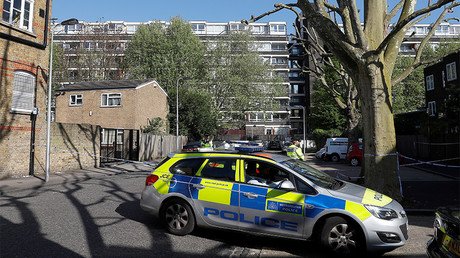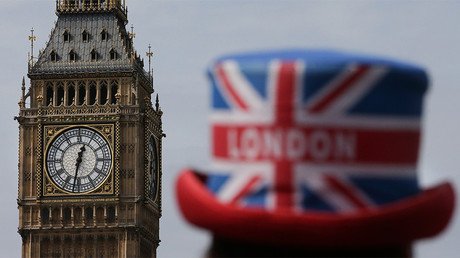US pressure on Iran has nothing to do with nuclear deal – Moscow

Increased US pressure on Iran is politically motivated and has nothing to do with the nuclear deal, Russian Deputy Foreign Minister Sergey Ryabkov has said.
Donald Trump has promised to announce his decision on the future of the 2015 Joint Comprehensive Plan of Action (JCPOA) accord on Tuesday ahead of the May 12 deadline.
Sources told The New York Times that he’s planning to withdraw from the accord, reinstating the old restrictions and imposing new ones against Tehran. Trump has previously slammed JCPOA as “the worst deal ever” and threatened to quit the landmark agreement if it’s not amended to also include Iran’s ballistic missile program and activities in the Middle East.
The US and Israel have claimed that Tehran have been developing missiles that are capable of carrying nuclear warheads. Washington’s calls to broaden the 2015 Joint Comprehensive Plan of Action (JCPOA) deal in order for it to include the country’s ballistic missile program are unjustified, Ryabkov told in an interview with RBC.
“In our view, those demands towards Iran are dictated by a political approach and the desire to increase pressure on Tehran due to circumstances that aren’t related to JCPOA and, generally speaking, have nothing to do Iran's nuclear program,” he said.
The Deputy FM said that Iran is following the recommendations of UN Security Council Resolution №2231, which covered the JCPOA accord, to refrain from developing nuclear-capable delivery vehicles.
“Any nuclear scientist will tell you that the nuclear-capable delivery vehicles are significantly different in design and characteristics from missiles intended for the delivery of conventional warheads,” the diplomat said noting that “If we approach this not in a political way, but professionally, it will become clear that Iran isn’t involved in such kind of studies and there can be no complaints against it in this regard.”
The US has long been concerned by increasing Iranian influence in the Middle East where Tehran remains the top geopolitical rival for Washington’s allies, Israel and Saudi Arabia. The administration has labeled Iran the “number one terrorist state,” blaming it for supporting various Shia Muslim groups in the region, including the Lebanese Hezbollah, the Palestinian Hamas, and the Houthis in Yemen.
US pressure on Tehran is unlikely to deliver the results Washington hopes to achieve, Ryabkov stressed, adding that “the whole experience of working on JCPOA proves that in the situation with Iran unilateral concessions are impossible.”
“Dialogue and search for solutions should continue instead of increasing pressure and trying to achieve unilateral concessions” from Tehran, he said.
The 2015 deal signed by Iran and P5+1 powers (China, France, Russia, UK, US, plus Germany) and the EU saw international sanctions on Tehran lifted in exchange for Iran curbing its controversial nuclear program. Since then, the International Atomic Energy Agency (IAEA) has confirmed Tehran’s compliance with the accord on numerous occasions.
“We urge the US not to make ill-conceived steps and don’t kill off this deal,” Ryabkov said, adding that Trump not prolonging the waiver “would be a direct violation of JCPOA.”
Iran’s speaker of parliament, Ali Larijani, said on Tuesday that “the Americans did not implement their commitments” in accordance with the nuclear deal, IRNA reported. According to Larijani, Washington only understands “the language of force,” but not diplomacy.
READ MORE: Iran may stay in nuclear deal after US withdrawal if it's guaranteed by remaining parties
Earlier, Iranian president, Hassan Rouhani, hinted that his country could stay in the nuclear deal even in case of the US withdrawal if the remaining signatories guarantee that they’ll keep complying with the accord themselves.















